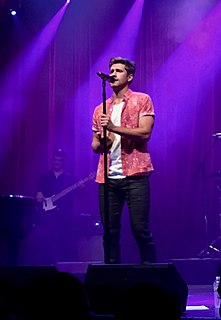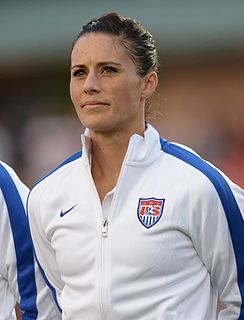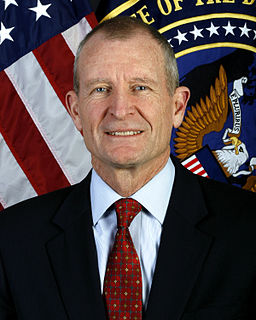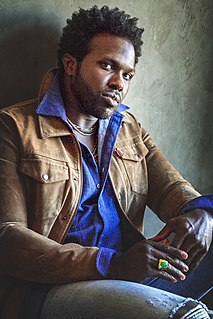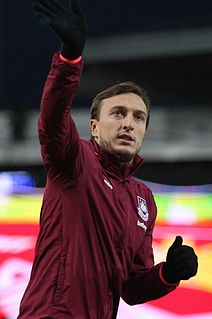A Quote by Aaron Tveit
After 9/11, the amount of applicants the FBI received increased exponentially. Whereas you used to require a college degree, and it was a small group of people who were just out of college, after 9/11, it changed.
Related Quotes
If I'm not mistaken, that relationship [of Barack Obama] with Mr.[Bill] Ayers on this board continued after 9/11 and after his reported comments, which were deeply hurtful to people in New York and, I would hope, to every American, because they were published on 9/11, and he said that he was just sorry they hadn't done more.
When you look at the actual numbers, the number of people who died after 9/11 was greater than the number of people who died in 9/11, even if you are talking Americans. But you know, I don't like to talk Americans. I want to talk everybody. More innocent people died after 9/11 because of 9/11 than died in 9/11.
I grew up in Canada and I was 10 years old when 9/11 happened. And I think that really changed the landscape for Arabs around the world, obviously, but especially Arab actors, I think we started getting viewed a little different. Like, my whole experience just as a kid before 9/11 and after 9/11 was drastically different.
Once I got to college, it seemed that the Hamptons were a little bit too posh for me and didn't represent the kind of values I was embracing in my late teens. So, I didn't go out there, except to visit my parents, for a long time. And then, after 9/11, I discovered it was a nice, mellow place to hang out.
Apparently we've got open borders. We've got people in this country all over the place that could be part of cells. After 9/11 happened, you have to understand, leadership and law enforcement after 9/11, they really got reamed for doing a horrible job of preventing it when in many people's minds it was preventable.
I was at Arsenal as an 11-year-old. I really enjoyed it but I was at school and my dad used to drive me there after work. Sometimes we were in traffic for two hours. They wanted to keep me but I wasn't getting home until nearly 11 P. M. I loved it there but it wasn't right, so I came to West Ham and haven't looked back.
You know, the truth is that right after 9/11, I had a (flag) pin. Shortly after 9/11, particularly because as we're talking about the Iraq war, that became a substitute for, I think, true patriotism, which is speaking out on issues that are of importance to our national security, I decided I won't wear that pin on my chest.
